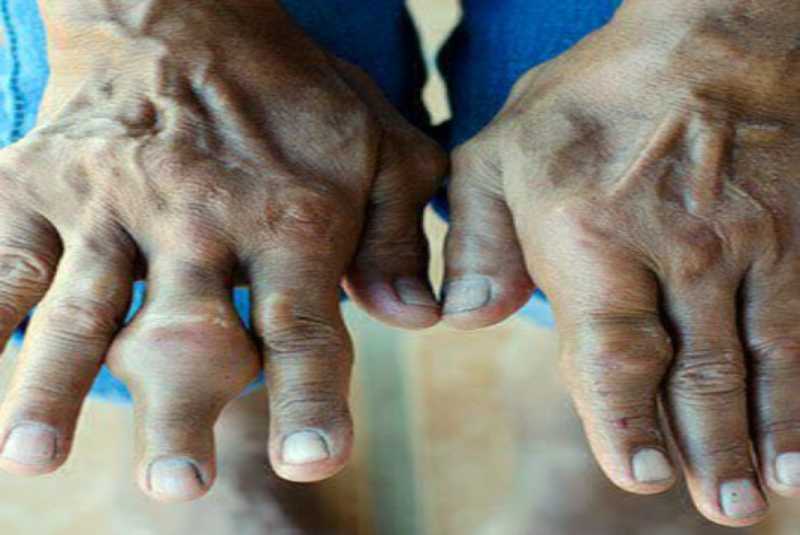×
The Standard e-Paper
Join Thousands Daily

Arthritis is a debilitating condition that causes pain and disability. It causes pain and stiffness in the joints and muscles, stopping you from doing simple things many take for granted – walking, moving, lifting and standing.
Although there are no diets or dietary supplements that will cure arthritis, some people do find that a change in diet can improve symptoms and help to manage pain, and the difficulties of everyday living.